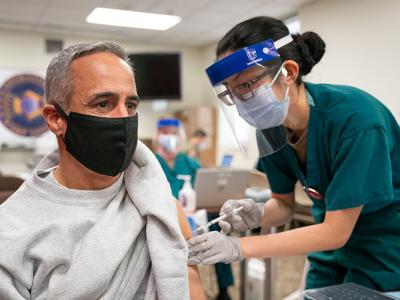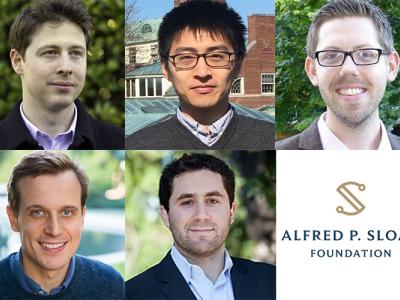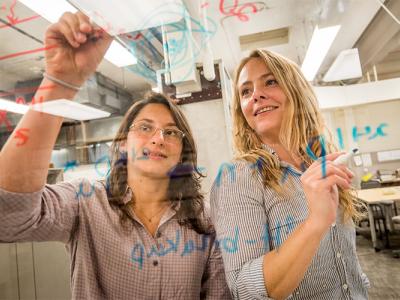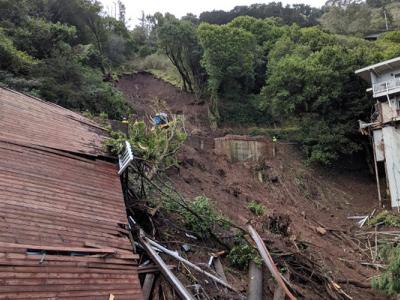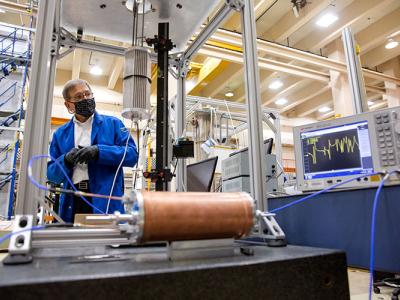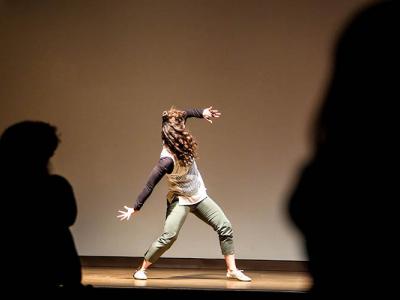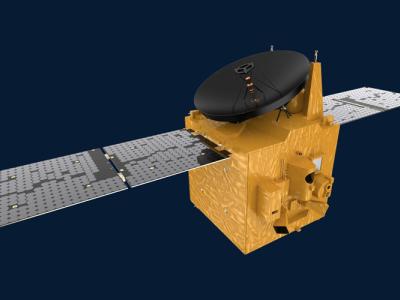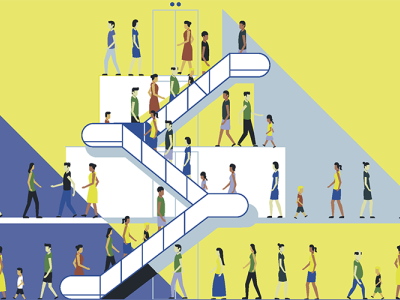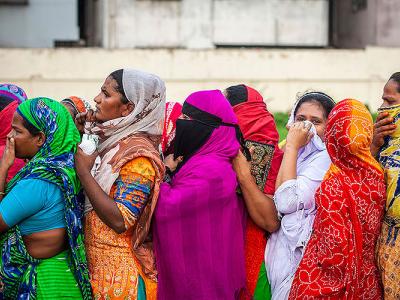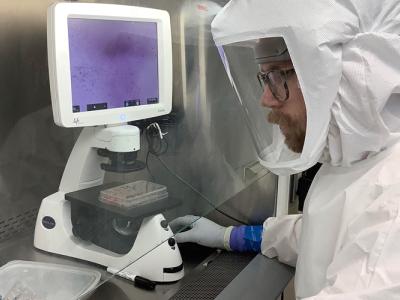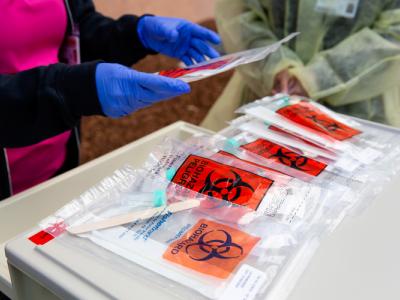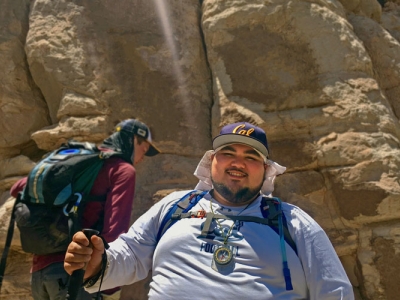Computing is at a momentous point today. AI, big data and decentralized work are driving a surging demand for computing power. At the same time, an ending of Moore’s Law and Dennard’s scaling are making it increasingly difficult (and expensive) to improve processor performance. The energy consumed by computing is therefore growing exponentially, doubling every 3 years, and could go on to consume as much as 25% of the world’s primary energy production in the next few decades if action is not taken to significantly improve computing energy efficiency [1].
Research News
Learn more about UC Berkeley's researchers and innovators.
Showing 1137 - 1152 of 3512 Results
The latest star data from the Gaia space observatory has for the first time allowed astronomers to generate a massive 3D atlas of widely separated binary stars within about 3,000 light years of Earth — 1.3 million of them.
The Biden administration is revising the social cost of carbon (SCC), a decade-old cost-benefit metric used to inform climate policy by placing a monetary value on the impact of climate change. In a newly published analysis in the journal Nature, a team of researchers lists a series of measures the administration should consider in recalculating the SCC.
As California struggles to bring the deadly COVID-19 pandemic under control, the state’s Republican voters are far less likely to seek a vaccine and express less support for small businesses, health care workers and other at-risk workers, according to a new poll by UC Berkeley’s Institute of Governmental Studies (IGS).
Five UC Berkeley assistant professors have been awarded 2021 Sloan Research Fellowships, which are one of the most competitive and prestigious awards available to early career researchers.
A five-year, $25 million grant from the U.S. Department of Energy’s National Nuclear Science Administration (NNSA) will keep UC Berkeley at the helm of a multi-institution consortium dedicated to advancing research in nuclear science and security and training the next generation of nuclear scientists and engineers.
The threat of landslides is again in the news as torrential winter storms in California threaten to undermine fire-scarred hillsides and bring deadly debris flows crashing into homes and inundating roads.
For more than a century, cosmologists have noted mysterious anomalies in the swirls of stars and galaxies in our universe: The motions of these celestial objects, which should be governed solely by the gravity of the other objects around them, instead seem to be dictated by the gravitational pull of matter that simply isn’t there — or, at least, cannot yet be observed.
UC Berkeley announced a $10 million endowment gift from the Helen Diller Foundation that will ensure a lasting legacy for its Institute for Jewish Law and Israel Studies. In recognition of this gift, the institute will now be known as the Helen Diller Institute for Jewish Law and Israel Studies at UC Berkeley.
A massive field experiment by Berkeley Haas Prof. Steven Tadelis with the online ticket marketplace StubHub concluded that so-called “drip pricing”—whereby additional fees are only disclosed when customers are ready to confirm their purchases—resulted in people spending about 21% more. It’s a particularly effective strategy for online sales, which in the past two years has overtaken brick-and-mortar shopping.
The Emirates Mars Mission, the first interplanetary exploration undertaken by an Arab nation, is scheduled to reach Mars’ orbit this Tuesday, Feb. 9, 2021, at 7:41 a.m. PST. The Space Sciences Laboratory (SSL) at the University of California, Berkeley, is a partner in the collaboration, having contributed science team members, mission systems engineering support, and the detector and associated electronics for one of the three scientific instruments on board: the Emirates Mars Ultraviolet Spectrograph (EMUS).
With a new fiscal year approaching, local governments around the country will begin having discussions and debates about how to allocate their budgets. For counties and municipalities seeking to achieve equity for their residents, questions about what programs to cut or fund cannot be answered thoroughly without identifying the real racial disparities present within their communities. A new study by the Othering and Belonging Institute looks at one county's embrace of the Institute's Targeted Universalism to approach their policies.
The onset of the COVID-19 pandemic last year led to a devastating loss of jobs and income across the global south, threatening hundreds of millions of people with hunger and lost savings and raising an array of risks for children, according to new research co-authored at the University of California, Berkeley.
Since the coronavirus pandemic began, only one antiviral drug, remdesivir, has been approved in the United States for treatment of COVID-19, but it barely works and is toxic to the liver. Researchers at UC Berkeley have found 20 compounds that, in combination with remdesivir, are much better than remdesivir alone in protecting human lung cells from SARS-CoV-2, the virus that causes COVID-19.
A more transmissible variant of the coronavirus, first detected in the United Kingdom, has shown up in two UC Berkeley students, as the state announced at least 133 new cases of the variant statewide. The appearance of the new variant, which appears to be about 50% more infectious than earlier variants, reinforces the need to take very seriously public health precautions to prevent spread: wear a mask when around other people, keep at least six feet apart and wash your hands frequently.
Kent Lightfoot trained in archaeology when backhoes and front-end loaders tore through Native American sites. At the time, it didn’t occur to him that the land could actually feel pain — not until Kashaya Pomo tribal elders at Northern California’s Fort Ross Historic State Park set him straight.




